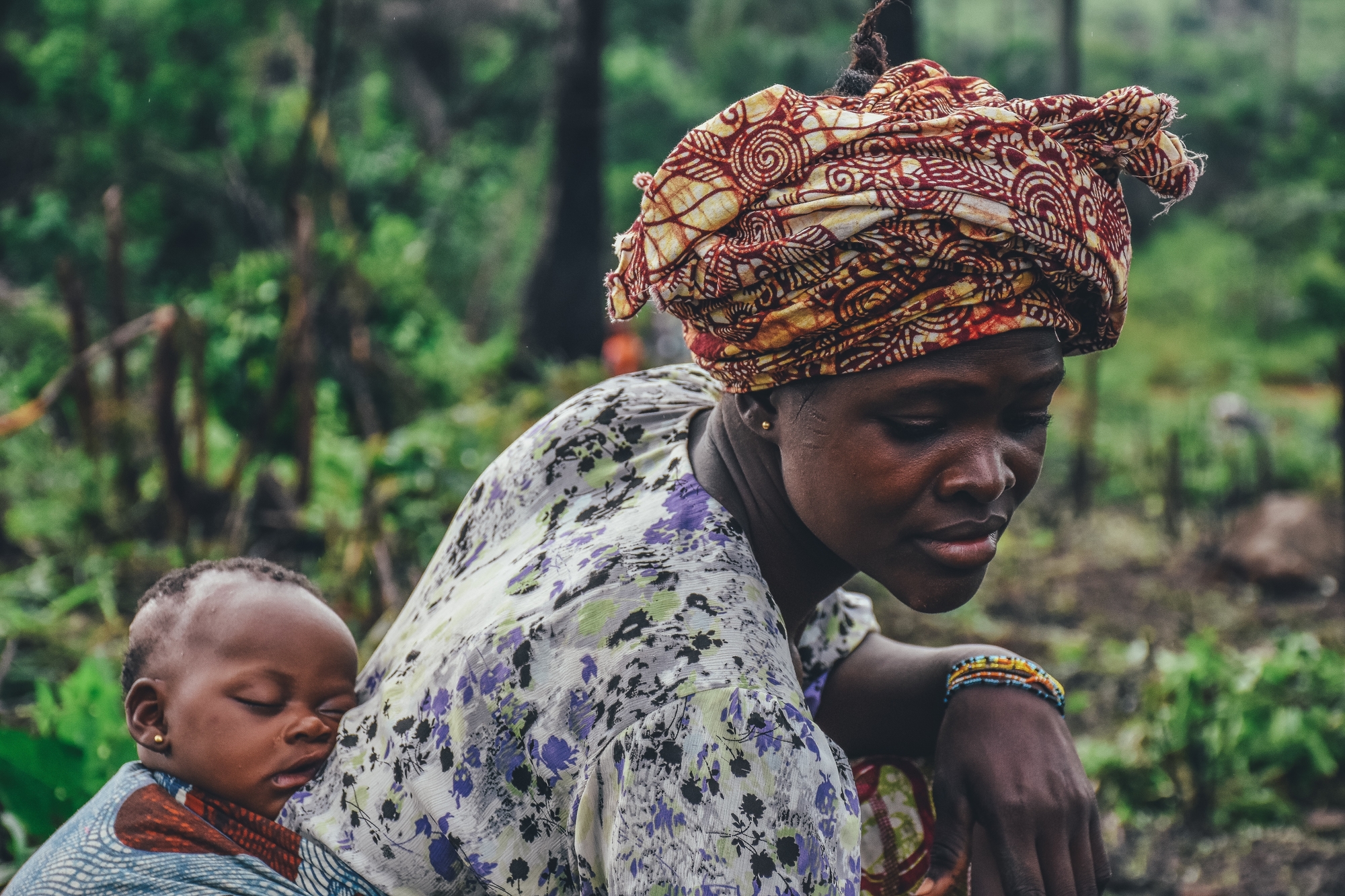Best buys for Africa: Family Planning
Fast-track Analysis
The impact of population growth has received increased recognition within the post-2015 global development agenda as a key challenge to human and socioeconomic development (1,2). While much of the world’s population is now estimated to live in regions with either rapidly declining or achieved low fertility, many low- and middle-income countries, particularly in Sub-Saharan Africa, continue to experience high rates of fertility and unintended pregnancy, premature mortality, and poor reproductive health outcomes (3,4).

Expanding access to family planning and reproductive health services play an important role in empowering women, men, couples, and adolescents to realize their reproductive rights and intentions by allowing them to avoid unintended pregnancy and choose whether and/or when to have a child. Family planning is beneficial to individuals, families, and societies alike, and investing in the expansion of family planning and reproductive health services has been recognized as an essential step to achieving many of the Sustainable Development Goals (SDGs) (5). Reducing global unmet need for contraception would prevent an estimated 40 percent of maternal deaths, reduce child mortality by up to 20 percent, and avert 36 million years of healthy life lost each year (6,7). Additionally, investments in family planning would also contribute to expanded access to education, women’s empowerment, the prevention of HIV, poverty reduction, and environmental sustainability, making it one of the most cost-effective global health and development interventions (8).

